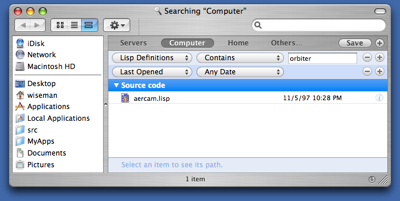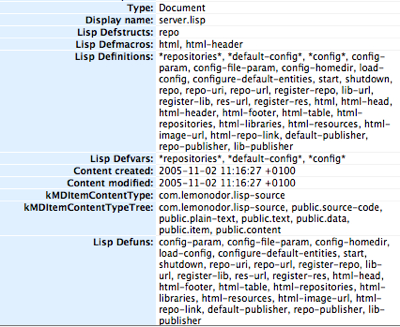Update We’ve moved the date of our first meeting to June 17th, so you’re still in time to join us! If you want to follow our adventures, you can also ask for an invitation to our mailing list.
The other day, Andy and I met Jos, an experienced schemer who lives near Barcelona, with the idea of having lunch, talking about Scheme, and create a Scheme Users Group. After a bit of discussion, we agreed on widen the group’s scope, and start what we’re calling Fringe Languages In Barcelona (FLIB). The plan is to conduct periodic meetings with a main presentation followed by some lightning talks (the latter were a complete success at ILC, and we’d like to try and see how they work for us), with as much discussion interleaved as we see fit. We’ll have some refreshments available and, since we’re meeting in the very center of the old city, visits to pubs or a restaurant for dinner and further socializing are to be expected.
As i said, we’re expecting much discussion about Scheme and Lisp, but we’re not ruling out by any means other fine languages. For instance, the talk for the inaugural session (scheduled June 10th17th, 7:30 pm) is entitled The implementation of FUEL, Factor’s Ultimate Emacs Library, and it will include a short introduction to Factor (yes, i am the victim speaker). Jos will come next, the same day, with a lightning talk about PLT Redex. We have free slots for more lighting talks: you are invited not only to come, but to give one if you’re so inclined. This being our first meeting, there will be also some time for logistics and organisation.
So, if you’re near here by then, by all means, come in and join the fun:
Calle del Pi 3 Principal Interior (first floor)
Barcelona
Not really needed, but if you’re thinking about coming, sending me a mail beforehand will help us to be sure that we’ve got enough food and drinks.
We’re looking forward to getting FLIB started, and we’re sure that at least grix more fringers are coming! Don’t miss it!








